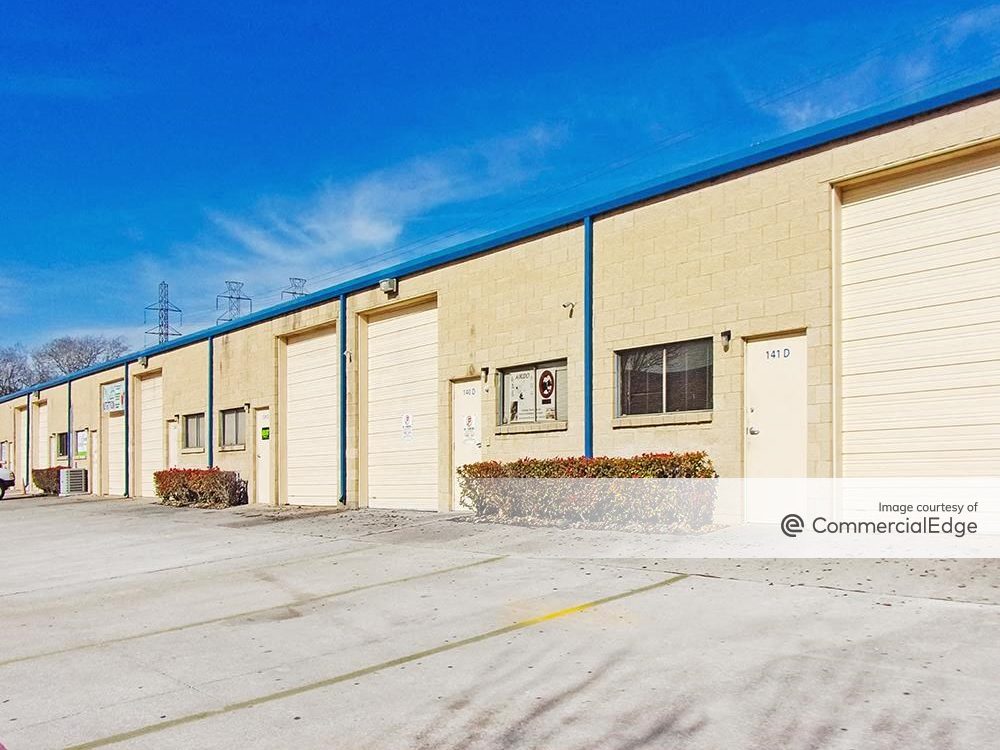MGM Resorts to Pocket $73M on Sale of Ground Leases and Land at Atlantic City’s Borgata
Having reached an agreement with Paramus, N.J.-headquartered REIT Vornado Realty Trust and Los Angeles-based Geyser Holdings, MGM Resorts International has taken the next step in the planned disposition of assets at The Borgata Hotel Casino & Spa.
July 28, 2010
By Barbra Murray, Contributing Editor
Having reached an agreement with Paramus, N.J.-headquartered REIT Vornado Realty Trust and Los Angeles-based Geyser Holdings, MGM Resorts International has taken the next step in the planned disposition of assets at The Borgata Hotel Casino & Spa. The Las Vegas-based global hospitality company will sell four long-term ground leases and the corresponding underlying real property parcels at the Atlantic City gaming property to the partners for $73 million.
With ownership of land leases and underlying land at The Borgata, Vornado and Geyser will have a tidy income stream from the seven-year-old hotel and gaming property, which offers 2,000 guestrooms, a 161,000-square-foot casino floor and a 54,000-square-foot spa. The Borgata also features a 2,400-seat event center, a 1,000-seat theater and retail and restaurant space.
While MGM Resorts will be relinquishing ownership of the 11.3 acres of real property parcels that come with the ground-leases at The Borgata, it will continue to possess a substantial chunk of Atlantic City land–developable land–in its portfolio. The company still owns 85 acres in the famous gaming town, and approximately 70 of those acres are located across from The Borgata. While Atlantic City, like most gaming markets across the country, has yet to fully recover from the ramifications of the economic downturn, the city is heading in a direction that will call for new development.
“Atlantic City is making an effort to diversify its entertainment offerings, and they’re trying to evolve into a travel destination, similar to the evolution Las Vegas had in the 1990s”, Jacob Oberman, Director of Gaming Research & Analysis with real estate services firm CB Richard Ellis’s Global Gaming Group, told CPE. “The market is evolving and Atlantic City has to compete with surrounding states.” If relying on Las Vegas as a model, Atlantic City’s transformation could reach fruition in the early 2020s. “Over the course of a 10-year period, Las Vegas evolved from a gaming city into a tourist city.”








You must be logged in to post a comment.